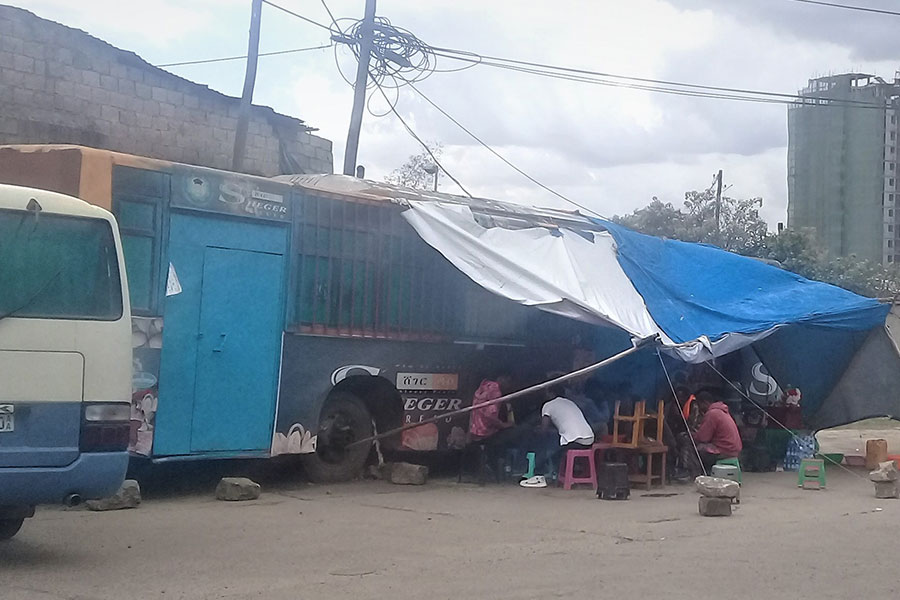
Radar | Apr 30,2022
Voter registration for the upcoming national elections has been far below expectations, with the National Electoral Board of Ethiopia (NEBE) announcing that half of the almost 50,000 election offices across the country are yet to be operational due to logistics and security concerns, preventing the delivery of electoral materials.
No electoral offices have been made available in the Afar and Somali regional states, despite the Board having announced in February that it would be opening around 5,500 offices in the two regions. Fresh fighting erupted last week between militias of the two regional states over claims of eight electoral offices opened in the Afar Regional State but claimed by the other.
The distribution of equipment to electoral offices in Afar Regional State has begun, and the NEBE is planning for them to be opened this coming Tuesday, according to Soliana Shimelis, communications advisor at the Board, which received a 3.6-billion-Br budget for the upcoming elections. Equipment is also being transported to the Somali Regional State, though no date has yet been set for the opening of offices there, she disclosed.
"We'll discuss this with the regional states; the manner of registration and solutions for them to keep up with other regions," Soliana told Fortune.
The problem is not confined to these regional states, however. Voters' apathy is evident in the capital Addis Abeba where only 270,000 have been registered as of April 15, 2021, in contrast to the 1.3 million people projected.
The Board, whose officials maintain that adequate analysis has to be carried out to know why people are not registering in sufficient numbers, believes it is too soon to judge, citing a trend where voters register last-minute in Addis Abeba. The deadline for voters' registration is in less than a week.
"There is no exact thought about what is considered as enough voters, only estimates," said Soliana. "We're prepared to serve up to 50 million voters."
Unlike in the past five elections, there will not be voting held in the Tigray Regional State when the rest of the country casts ballots on June 5, 2021. A civil war raging in the region between the Federal government forces (including Eritrean forces) and those loyal to the TPLF puts the region off the polls. Close to 2.7 million voters turned out to vote in regional elections held in September last year, which were declared by the House of Federation as "null and void."
Voters in Addis Abeba and Dire Dawa are scheduled to cast their ballots on June 12, 2021.
The sixth general elections were originally set to be conducted in September 2020 but were postponed due to the Novel Coronavirus (COVID-19) pandemic. It was the second change in polling date from May, which is the month they had traditionally been conducted in since the mid-1990s.
The number of registered voters nationally grew from 21 million in 1995 to 36 million a decade later. Leaders of many of the 46 political parties contesting in the upcoming elections want to see figures no lower than those registered in the last elections to say that enough people have registered. They, too, believe that a study needs to be conducted to uncover the reasons behind the low registration numbers.
One of the opposition parties, the Ethiopian Citizens for Social Justice (EZEMA) party, led by Berhanu Nega (PhD), says it has already carried out a review to determine what caused low registration. Its leaders blame three reasons: electoral offices are not opened in time and functional; voters are not aware of choices, which might change in the coming days following public debates; and instability across the country.
"Why would they register?" asks Getnet Worku, secretary of Enat Party. "What has been done for them?"
It is a claim electoral officials vehemently deny, claiming that they are doing whatever they can to have people exercise their right to vote. They cite the establishment of four support centres, which operate in five languages, to raise awareness about voters' registration and the elections in general.
The Board also accredits civil society organisations (CSOs) to participate in electoral literacy campaigns, although their pace is not to the satisfaction of electoral officials.
The Federation of Ethiopian Associations of Persons with Disabilities is one of these not-for-profit organisations likely to monitor and observe the elections. Its President, Meheret Negussie, does not see registration offices as suitable for people with disabilities.
"People with disabilities in general and wheelchair-users specifically are finding the locations and settings of the electoral offices inconvenient," Meheret told Fortune. "We've filed our complaints before the Board."
For her, previous efforts to help electoral officials gain awareness of what needs to be provided for people with disabilities have brought "limited results."
Nonetheless, the Board does not make electoral offices available - a responsibility entrusted to the regional states - but supply electoral materials.
"We've tried our best," said Soliana.
The ruling Prosperity Party has been busy with its leaders training their army of cadres in preparation for the elections. Claiming to have over nine million members, they hope to see changes in the coming few days with their rank-and-file campaigning to persuade voters to register.
EDITOR'S NOTE: THIS STORY HAS BEEN UPDATED ON 22, APRIL 2021
PUBLISHED ON
Apr 17,2021 [ VOL
22 , NO
1094]

Radar | Apr 30,2022

Viewpoints | May 23,2021

Fortune News | Jun 05,2021
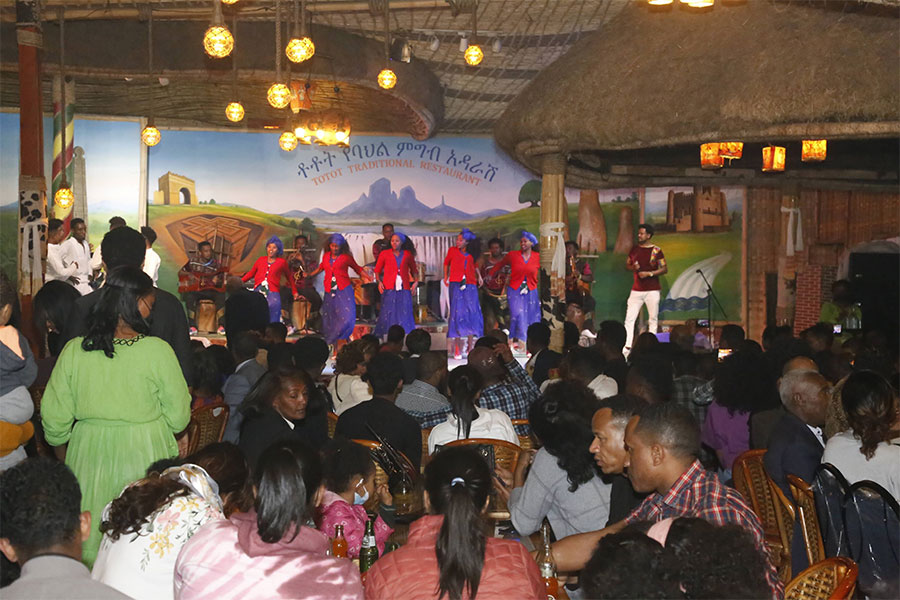
Featured | Jan 15,2022
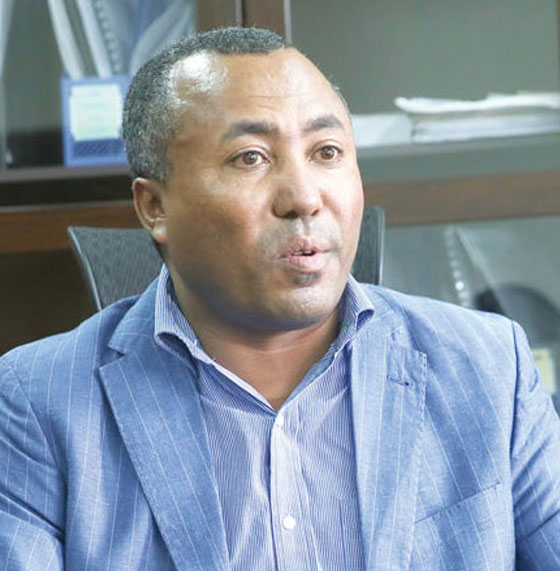
Radar | Aug 07,2021
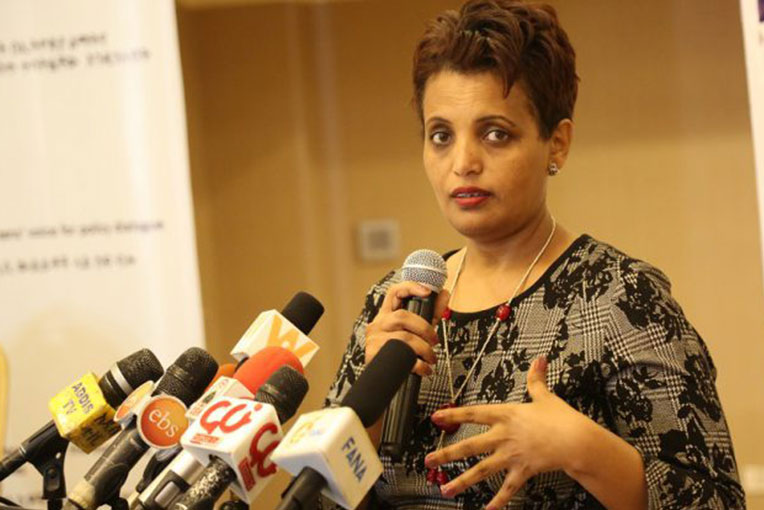
Election 2021 coverage | Mar 14,2020
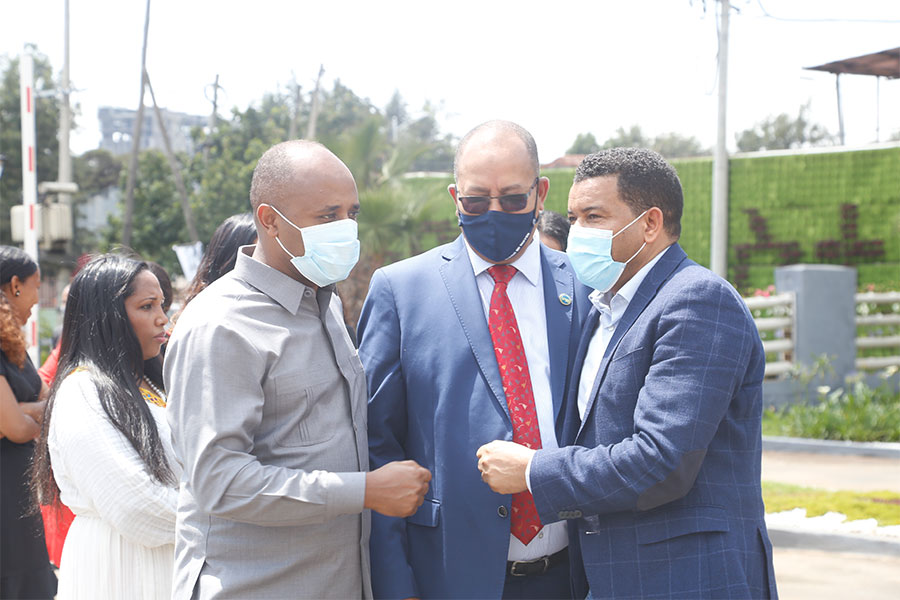
Fortune News | Sep 02,2021
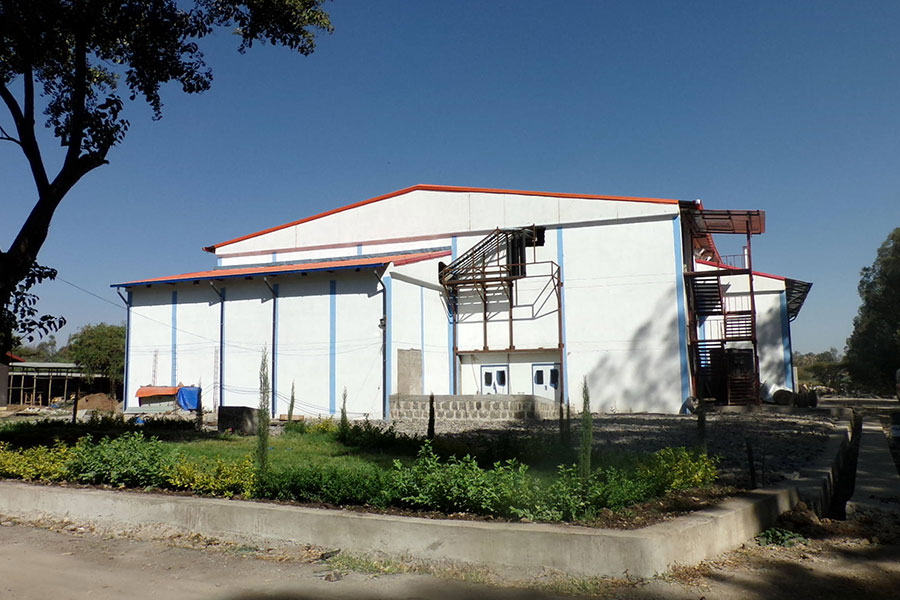
Fortune News | Jan 12,2019
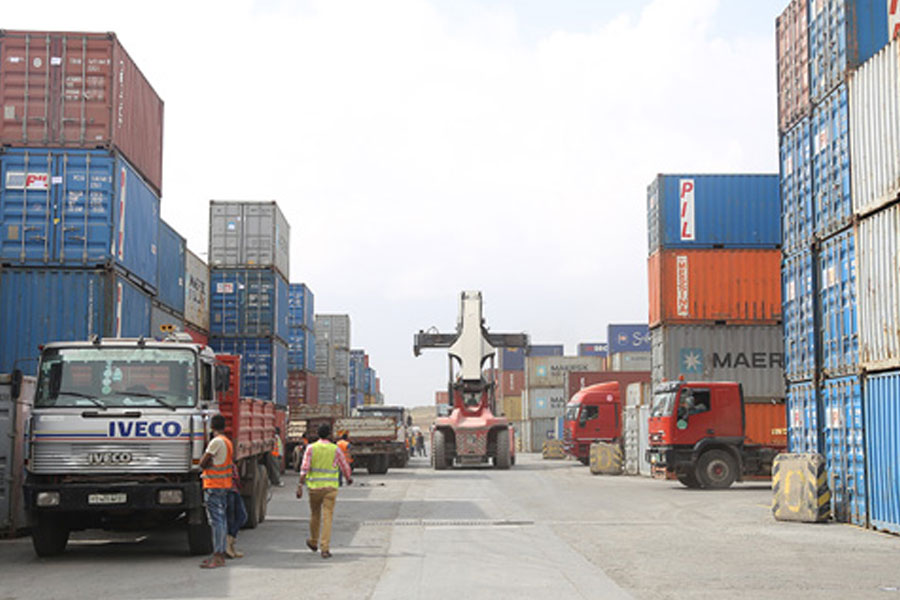
Fortune News | Dec 04,2021
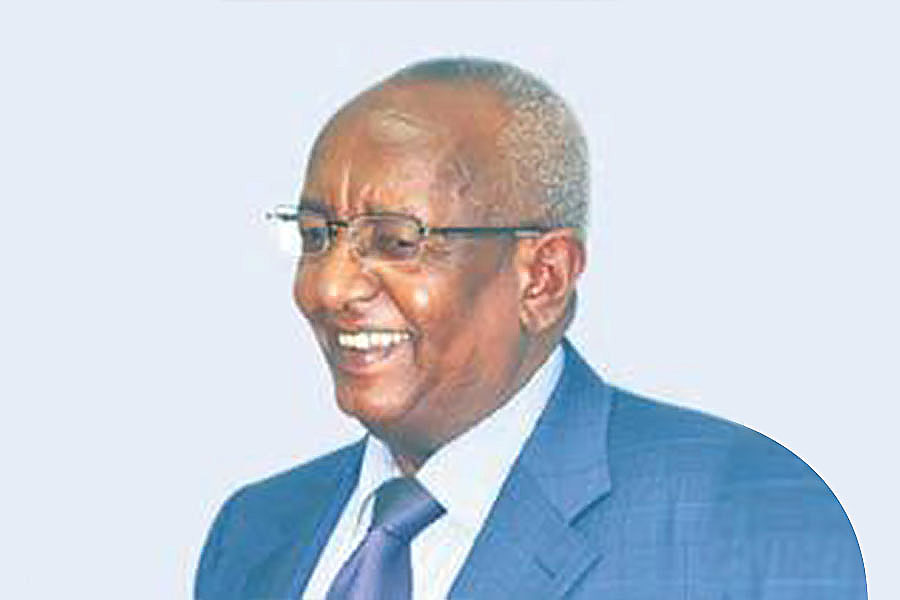
Obituary | Feb 19,2022

Jul 13 , 2024 . By AKSAH ITALO
Investors who rely on tractors, trucks, and field vehicles for commuting, transportin...

Jul 13 , 2024 . By MUNIR SHEMSU
The cracks in Ethiopia's higher education system were laid bare during a synthesis re...

Jul 13 , 2024 . By AKSAH ITALO
Construction authorities have unveiled a price adjustment implementation manual for s...

Jul 13 , 2024
The banking industry is experiencing a transformative period under the oversight of N...

Jul 20 , 2024
In a volatile economic environment, sudden policy reversals leave businesses reeling...

Jul 13 , 2024
Policymakers are walking a tightrope, struggling to generate growth and create millio...

Jul 7 , 2024
The federal budget has crossed a symbolic threshold, approaching the one trillion Bir...

Jun 29 , 2024
In a spirited bid for autonomy, the National Bank of Ethiopia (NBE), under its younge...